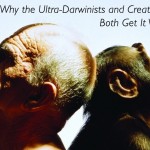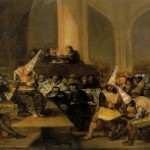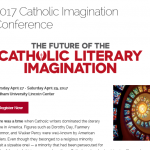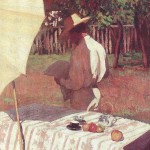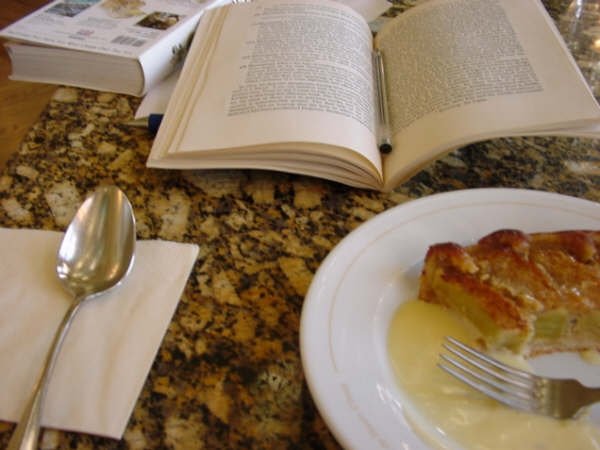
One of my favorite pieces of spiritual advice comes from Herbert McCabe’s God, Christ, and Us:
People often complain of “distractions” during prayer. Their mind goes wandering off on to other things. This is nearly always due to praying for something you do not really much want; you just think it would be proper and respectable and “religious” to want it. So you pray high-mindedly for big but distant things like peace in Northern Ireland or you pray that your aunt will get better from the flu–when in fact you do not much care about these things; perhaps you ought to, but you don’t. And so your prayer is rapidly invaded by distractions arising from what you really do want–promotion at work, let us say. Distractions are nearly always your real wants breaking in on your prayer for edifying but bogus wants. If you are distracted, trace your distraction back to the real desires it comes from and pray about these. When you are praying for what you really want you will not be distracted. People on sinking ships do not complain of distractions during their prayer.
The appeal of this guidances lies in its going against the grain of spiritual expectations. Spirituality is supposed to be a state that elevates life beyond everyday cares, a kind of haven in a heartless world. But McCabe says no and throws you right back into the muck of all the things you consider unspiritual and dispiriting. This is what the Incarnation does.
The French Novelist, Michel Tournier, best known for his World War II drama The Ogre–later rebranded The Erl-King and made into a film by Volker Schlondorff–takes this insight into really uncomfortable extremes in a Partisan Review interview he did after the debut of his novel The Four Wise Men in English:
In Christianity there is a sort of heretical idealization of poverty that I detest because Jesus always defended himself against misconceptions concerning poverty; for example, when Mary Magdalene poured out a very, very expensive perfume on his feet, the disciples were indignant and said, “But that’s idiotic, with all that money we could have done …” etcetera, and He said, “So then, I have no right to precious ointment? I like nard!” Then, there is the parable of the talents which is a banking parable…. There is also the Transfiguration on Mount Tabor where Christ’s beauty was resplendent—a divine beauty. It was not a humble beauty; it was shattering, awe-inspiring: He very much resembled the sun. That is how I conceive of Christianity; I envision a solar Christ, not a mendicant Christ.
===============================================
It all goes downhill from here as I delve into food and other distractions in Tournier’s The Four Wise Men in my most recent Rabelaisian Catholicism piece Michel Tournier: Grub First, Theology Later!
In the meantime, you ought to distract yourself with my list of books on the theology of food and a list my best 2014 reads, which includes the Tournier novel.
===============================================

